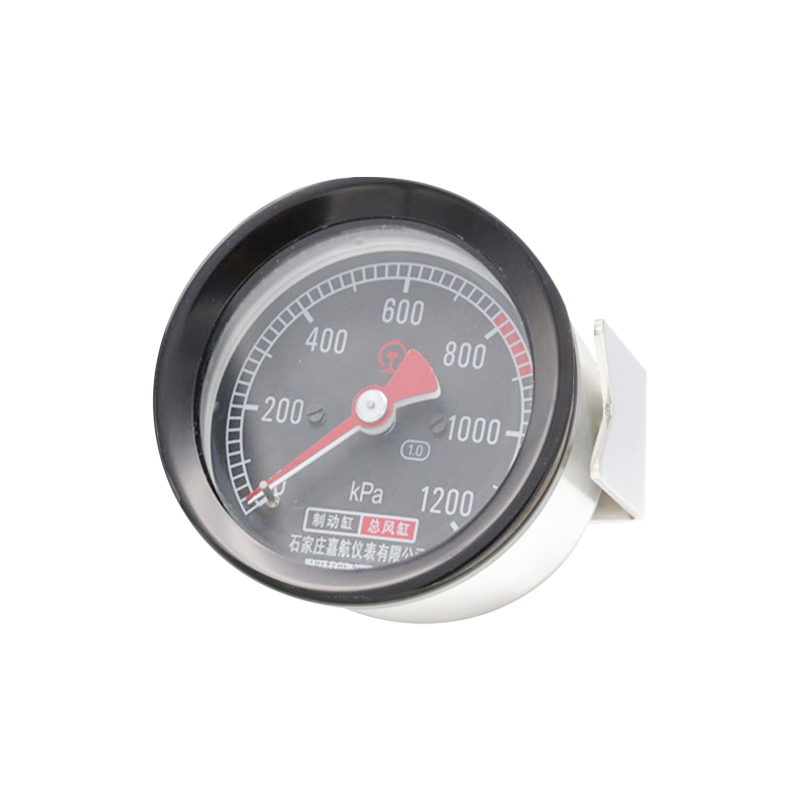
Jul . 27, 2024 06:34 Back to list
Choosing the Right Differential Pressure Gauge for Water Applications and Their Importance in Monitoring
Understanding the Buy Differential Pressure Gauge for Water Applications
When it comes to measuring pressure differences in water systems, a differential pressure gauge plays a crucial role. This instrument is vital for various applications, including water treatment plants, HVAC systems, and industrial processes. In this article, we will explore the importance of buying a differential pressure gauge, the specific considerations for water applications, and the advantages it brings.
What is a Differential Pressure Gauge?
A differential pressure gauge is designed to measure the difference in pressure between two points in a system. This measurement is essential for determining the flow rate, monitoring filter conditions, and ensuring the efficiency of systems that involve water. For instance, in a water filtration system, the differential pressure helps gauge when filters are becoming clogged and need replacement, preventing system failures and inefficiencies.
Key Considerations When Buying a Differential Pressure Gauge
1. Range and Accuracy The first step in purchasing a differential pressure gauge is understanding the pressure range needed for your specific application. For water systems, gauges typically measure low differential pressures, often within the range of 0-10 psi. Additionally, accuracy is crucial; look for gauges with appropriate tolerance levels that ensure precise measurements.
2. Material Compatibility The materials used in the construction of the gauge must be compatible with water. Stainless steel and brass are common materials that resist corrosion and provide durability, making them suitable for water applications. Consider if the gauge will be exposed to harsh environments or chemicals, as this can affect material choice.
3. Connection Type The connection type for the differential pressure gauge is another critical factor. Many water systems use specific fittings, such as threaded or flanged connections. Ensure that the gauge you choose is compatible with the existing system to facilitate easy installation.
4. Display Options Some differential pressure gauges come with analog displays, while others feature digital readouts. Digital gauges offer the advantage of clearer readings, and often include additional features like data logging and remote monitoring, which can aid in system analysis.
buy differential pressure gauge water

5. Calibration and Maintenance Consider whether the differential pressure gauge will require periodic calibration and what maintenance will be necessary. Reliable manufacturers may offer calibration services and guidelines for maintaining the gauge's accuracy over time.
Benefits of Using Differential Pressure Gauges in Water Systems
1. Enhanced Efficiency By monitoring differential pressure, operators can make informed decisions regarding maintenance and operational adjustments. This can lead to improved efficiency and reduced energy costs.
2. Preventive Maintenance Early detection of pressure changes can indicate potential issues, such as clogged filters or leaks. By addressing these problems proactively, businesses can avoid costly downtimes and repairs.
3. Safety Monitoring pressure differences ensures that systems operate within safe limits. This is particularly important in high-stakes environments like water treatment facilities where the consequences of failures can be severe.
4. Data Collection Modern differential pressure gauges often come equipped with the ability to record and store data. This historical data is invaluable for trend analysis, helping operators make decisions based on real-time insights and past performance.
Conclusion
Buying a differential pressure gauge for water applications is a vital investment for maintaining system efficiency, ensuring safety, and facilitating preventive maintenance. By considering factors like range, material compatibility, and display options, users can select the best gauge for their specific needs. Ultimately, the right differential pressure gauge becomes an indispensable tool for effectively managing and optimizing water systems, contributing to overall operational excellence.
-
High-Precision 5 Valve Manifold Differential Pressure Gauge Suppliers
NewsApr.29,2025
-
High-Precision Diaphragm Vacuum Pressure Gauges Manufacturers & Quotes
NewsApr.29,2025
-
Omega Differential Pressure Gauges High Accuracy & Durability
NewsApr.28,2025
-
Low Pressure Differential Pressure Gauges Precision Solutions & Quotes
NewsApr.28,2025
-
Digital Diaphragm Pressure Gaauge Precision Measurement & OEM Quotes
NewsApr.28,2025
-
Differential Pressure Gauge China Price High-Accuracy & Best Quotes
NewsApr.28,2025
